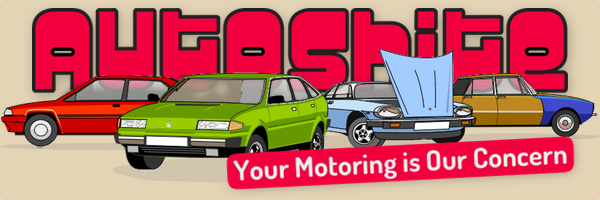Germany in decline - Opel factory in Bochum closed
-
Similar Content
-
Snake Pass to close? 1 2 3
By comfortablynumb,
- 89 replies
- 4,165 views
-
- 213 replies
- 27,884 views
-
1976 Opel Manta coupe. A long haul project. Setting the show standards…..not 1 2 3 4 12
By sutty2006,
- 338 replies
- 38,712 views
-
- 45 replies
- 4,302 views
-





Recommended Posts
Create an account or sign in to comment
You need to be a member in order to leave a comment
Create an account
Sign up for a new account in our community. It's easy!
Register a new accountSign in
Already have an account? Sign in here.
Sign In Now